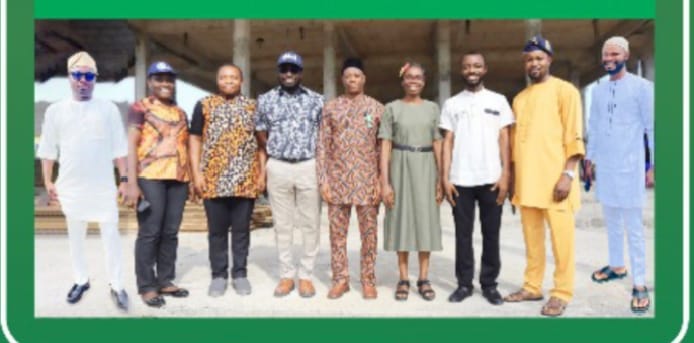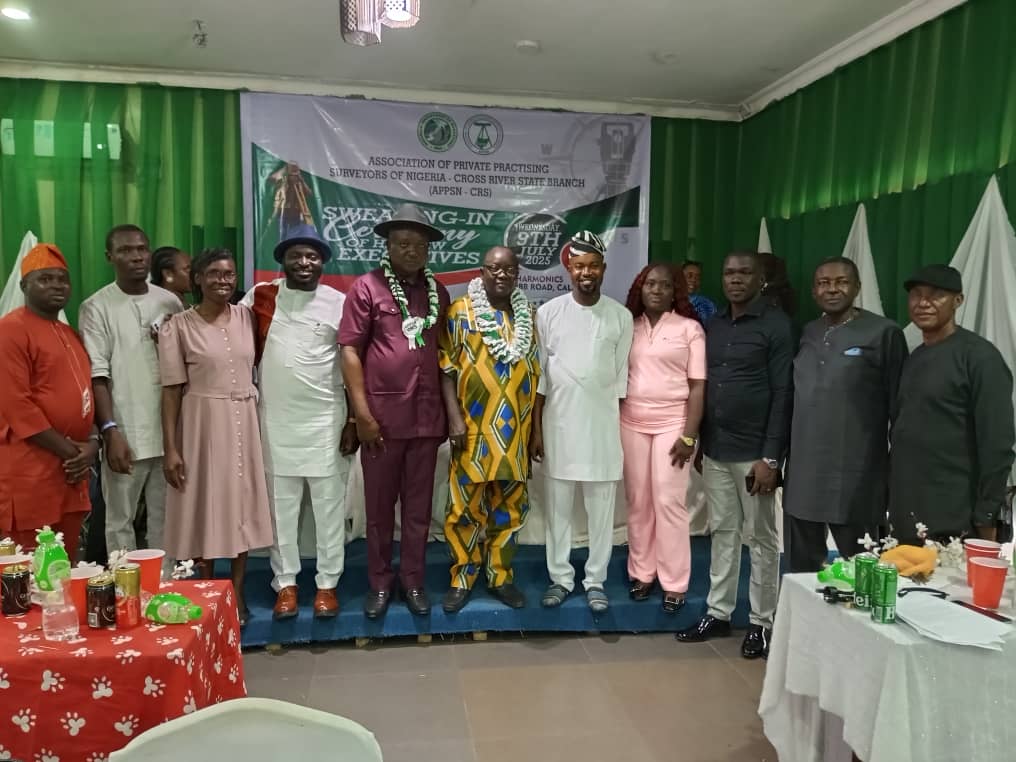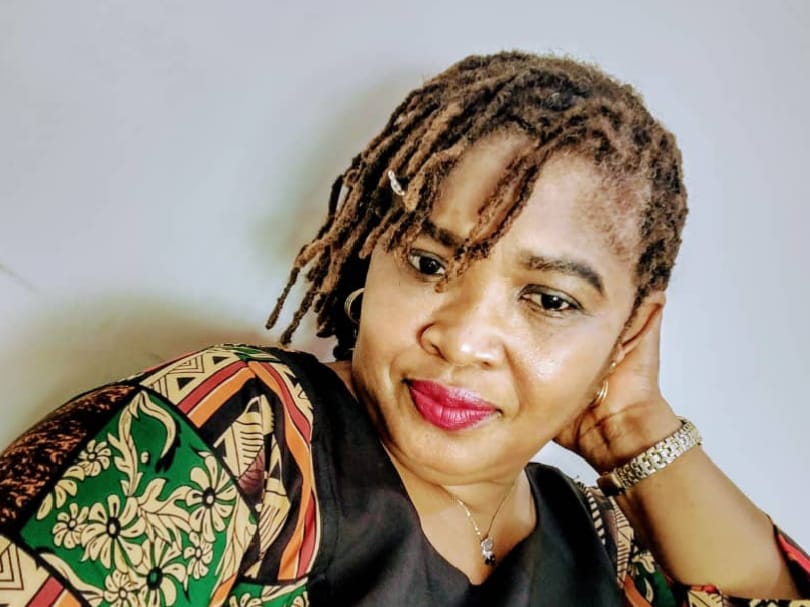Mr Prime Minister, I write to you as the proud Greek son of Holly Dimitra Polhemus, one of the four thousand children and babies exported from Greece after World War II who are now seeking the restoration of their citizenship: Nostos for Greek Adoptees. I beg you, without any further delay, to give these men and women back the citizenship that they never willingly gave up, that was taken from them. I don’t want to speak for my mother, because I hope she’ll be able to tell you her story in person someday, and how her birth family was deceived, but I want to tell you mine. I’m part of the second generation to be harmed by this great wrong, and my daughter is part of the third, and there will be no end to this injustice until you end it, as you promised you would.
What if the harm is even more profound than you realize but the benefits of Nostos are greater than you imagine?
Dr Mary Cardaras of The Demos Center, one of the four co-founders of Nostos for Greek Adoptees and an adoptee herself, has shared the stories of many of her peers and their daily heartache as they reach out in vain for the closed arms of their patrida, their home. My mother’s story is one of these. Her last memory of childhood in Greece is that of a 5-year-old girl clinging to her mother with all her strength and being pulled away by strangers into an orphanage. She was sent to America because my yiayia, a young widow, did the only thing she could to save one of her four starving children in the wake of the Greek Civil War. She was lied to by the adoption agency, who told her that her daughter would write to her regularly, that she would come back for visits. Instead, the records were sealed, and it took more than three decades for Yiayia to track my mother down and beg her to come home.
I was a 17-year-old when we made that trip, full of teenage certainty that I understood how the world works and that I knew what I wanted. A battered bus picked us up at the airport, drove us over the bridge to Evia, through a city and then a town, past fields of windblown olives, then made a slow spiral up a hill crowned by a church. It stopped beside a mulberry tree at the house where my mother was born and an entire village of people was there to meet us. I looked out and I saw my own face! To my amazement, my cousin, Giorgos, with his shaggy hair and long jaw, looked more like me than any of my American relatives.

And this is the miraculous thing: I saw my own heart. Our Greek relatives didn’t have manicured lawns or gigantic televisions or fancy cars, but they understood better than any American what quality of life is, what makes life worth living. Sharing your morning coffee instead of drinking it alone at your office desk. Making your own feta instead of buying it. Walking the bounds of the village with all your neighbors at the paniyiri. Caring for the elderly instead of putting them in a nursing home, and celebrating each new member of the family like they’re Alexander the Great or Bouboulina. Telling old stories and singing old songs. Spinning a tall tale and pondering the universe over a glass of tsipouro.
I’d been wanting that for 17 years, but I didn’t know it. My heart knew. It was the defining moment of my entire life.
Since then, I’ve devoted myself to three things: spending more time on Evia, living like my Greek relatives do, and trying to give back to them and to Greece. I stomped grapes to make wine with my Uncle Anestis. I learned to make trahanas from my Aunt Stamatoula and loukoumades from my Aunt Milia. I embarrassed myself dancing. For months, I spent my miserable, American half-hour of lunch translating Seferis word by word so I could learn the language. I recorded my family reciting old proverbs because I didn’t want them to be lost. Summer after summer, I brought my closest friends to Greece to see real village life instead of going on a cruise or a package tour. My wife, Susannah, and I saved our pennies to buy a handmade chest from Lefteris Avgoklouris, the greatest living woodcarver on the island of Skyros, now a dear friend.
But now we’ve hit a wall. Without my mother’s citizenship, I can’t get a Greek passport. Without Greek passports, my family and I can never spend more than three months in our village at a time. (My cousin, Georgia, who bears our grandmother’s name, is raising her family in Yiayia’s house today. She was our translator from her early childhood and the anchor of our Greek family’s hopes that my mother would come back someday. We owe her so much.)


We come to Greece in the summer, when our family is on vacation, so I’ve never eaten a pomegranate fresh from the tree in our yard or helped with the olive harvest. Susannah is studying Greek and our little Mina could count from ena to deka before she was 3 years old, but the real immersion that they need to learn is impossible. For most of the year, the house that my parents built on the land that Yiayia had been saving for my mother sits empty. My uncle and aunts are in their 70s and 80s and all of us, my mother especially, need more time with them to make up for all the lost years. Three months isn’t enough.
My mother is one of four thousand Greek adoptees, and for every one like her, there are children like me, or two, or three. Mina’s peers, their grandchildren, must number in the tens of thousands, enough to revitalize dozens of fading villages. But because of an injustice so old that many of its first victims are now dead, the longing for Greece, for home, for family, grows with every generation.
Every day, we hear the stories of the woodworker on Skyros or the potter on Lesvos who is the last of their kind, watching an age-old craft disappear with them forever. The young would-be doctor or computer programmer who leaves Greece for opportunities elsewhere, never to return. The tourist whose interest in true Greek culture and the Greek spirit ends with the last selfie and the flight home, leaving overdevelopment, gentrification, erosion of local identity, and environmental degradation in their wake.


Greece isn’t alone in facing these problems, but let me be clear: They’re nothing less than a struggle for our soul. How will we respond?
The more than 75,000 people who have already signed the Nostos for Greek Adoptees petition, which is still open, have an answer: Let these adoptees come home! My family is small, but we’re one of thousands, and here we stand, asking earnestly for permission to help. What if we could reverse not just a brain drain and an economic drain but a cultural one? What if we could fill our villages and islands with people to live and work there whose blood is Greek and whose souls are Greek, who couldn’t love Greece more?
I want to live and work in Greece. I want to give back. I want to be a bigger part of the tax base! Mr Prime Minister, how many people have come to you recently saying, please, let me pay more taxes?
I beg you: Without delay, please right this wrong for my mother and her peers, for my wife and me, and for Mina. The whole country will benefit forever. Give us the chance, and we’ll spend the rest of our lives giving back to Greece.
Jesse C. Polhemus is a writer who divides his time between Providence, Rhode Island, and Evia, Greece. His love of stories comes from Olive Hare Nalevanko, who couldn’t have children of her own, so she and her husband, Edward, adopted Dimitra Moirou, who became Holly Dimitra Nalevanko. Late in life, Grandma and Yiayia met, and they thanked each other.
The Nostos petition is at www.change.org/p/nostos-for-greek-born-adoptees.






